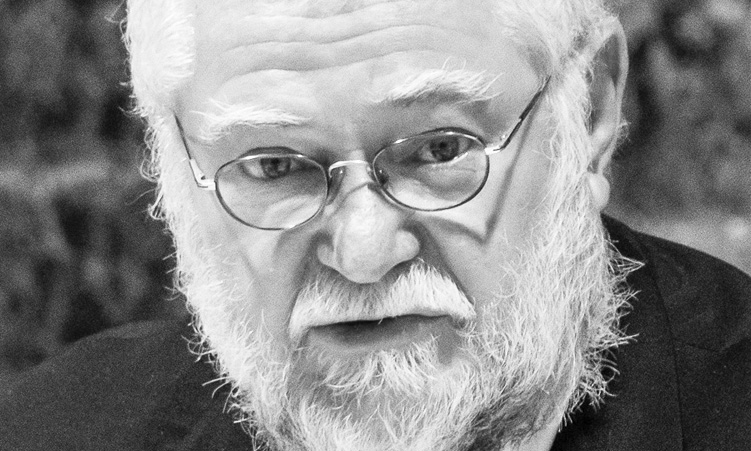Agriculture, water and land reform minister Calle Schlettwein has denied that 37 families who were resettled at Farm Otjisazu in the Otjozondjupa region have inherited a water debt of N$300 000, saying they started with a clean slate when the farm was handed to them in 2015.
This follows claims by Popular Democratic Movement (PDM) parliamentarian Diederik Vries in parliament recently.
Vries questioned Schlettwein on the existing water bill of N$300 000 at the farm prior to the farmers resettlement in 2015.
“But the resettlement office is insisting that the farmers should pay the water debt. Can you please explain why the farmers are expected to pay the water debt of N$300 000?”
In response, Schlettwein said the ministry does not transfer debts to newly resettled beneficiaries.
“All debts with service providers are always cleared before the farms are allocated to beneficiaries. At the time of resettlement in March 2015, this debt did not exist as these beneficiaries opened their new account with NamWater for the supply of water to the farm,” Schlettwein said.
Schlettwein added that it is unfortunate that the ministry does not provide support services in terms of paying water and electricity to resettled beneficiaries.
“We shall, however, carry out an investigation to determine how the families accumulated their water bill to N$300 000 and determine how and which kind of support may be provided,” he said.
With the water bill having grown to N$300 000, Vries said water supply to the farm is currently disconnected.
The lawmaker questioned why the water was cut off and when it will be reconnected.
Schlettwein said the farm is supplied by NamWater like many other marginalised communities in rural areas of the country.
“The community needs to be provided with water, thus, the ministry shall investigate the water situation at the farm for possible assistance,” Schlettwein said.
He added that Farm Otjisazu is a single farming unit, measuring 2 835 hectares (ha).
“The carrying capacity of the farm was sufficient for 59 cattle, 170 goats and 24 sheep of the beneficiaries at the time of resettlement,” he said.
Defending the resettlement of 37 families on one farm, Schlettwein said the farm is sufficient and all beneficiaries need to be provided with post settlement support in terms of water supply infrastructure and training.
“The farm has potential for crop production as well, thus there are lots of opportunities on the farm. We must remember that we have so many landless Namibians, thus the focus should be on providing support.”
According to Schlettwein, the recently approved revised National Resettlement Policy of 2023 promotes the demarcation of smaller units of about 100ha each under its low economic value model.
“This is to accommodate more beneficiaries who have few livestock and are interested in other agricultural or non-agricultural income generating projects,” Schlettwein said.
The minister said the policy introduced new resettlement packages, thus, they shall be engaging different stakeholders such as the Agricultural Bank of Namibia to play their roles in ensuring productivity on resettlement farms.
THROWBACK
In July, The Namibian reported that since 1990, the government, through its land reform programme under the lands ministry, acquired 571 farms, but it is not clear how resettled farmers are faring, nor the income they can generate from their farming activities.
These are part of the findings by the Institute for Public Policy Research (IPPR) in its recently released special focus report on land reform.
According to the report, the 571 farms stretch over 34 million ha and were bought at a cost of N$2,3 billion.
The state had indicated that it was targeting acquiring five million ha by 2020.
IPPR said available data shows that a total 5 458 beneficiaries were resettled: 2 188 males, 1 485 females and 30 juristic entities.



Leave a Reply